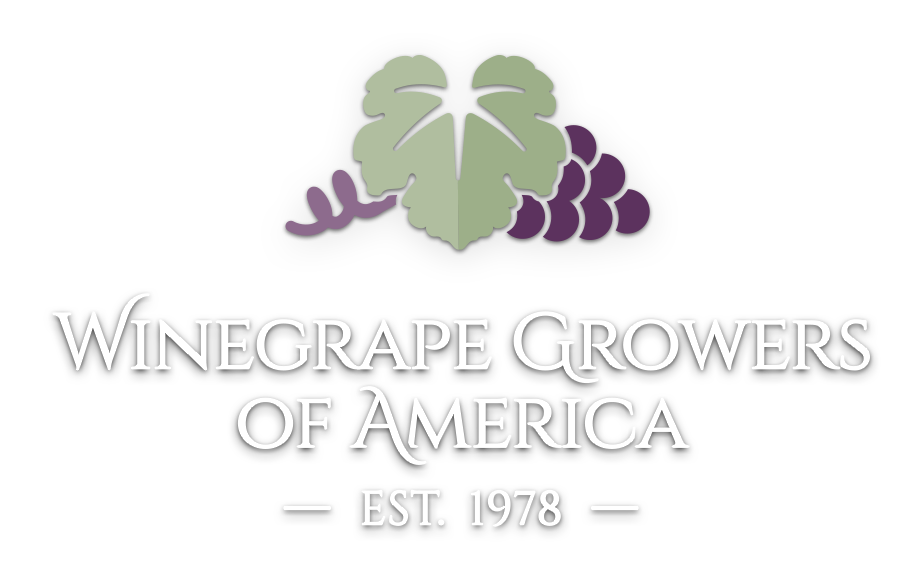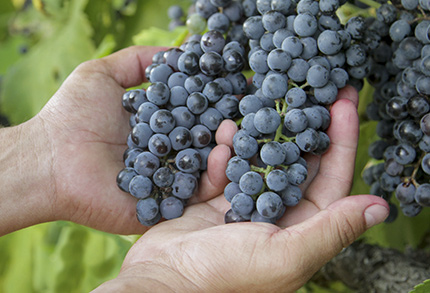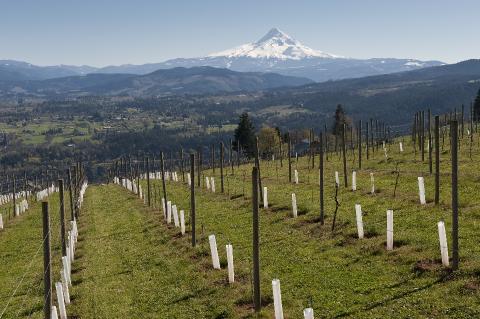National Clean Plant Network
Background
In 2008 Congress passed the Food, Conservation, and Energy Act (Farm Bill 2008). Under Section 10202 of statute, USDA was authorized to establish the National Clean Plant Network (NCPN). The program has several goals, including the forging of national partnerships among clean plant centers throughout the nation focusing on diagnosing and eliminating pathogens from specialty crop ‘starter/mother’ plants and the establishment of these plants in foundations from which pathogen tested material can be supplied to nurseries and growers. NCPN was reauthorized by the Agricultural Act of 2014 (Farm Bill 2014), Section 10007(e). The goals of the program were reaffirmed by the Congress and NCPN was made permanent.
Since its inception, NCPN has received an appropriation of $5 million annually to support work with specialty crops. To date, the program has supported 24 clean plant programs at 20 centers located in 19 States. Crops currently covered by the network include fruit trees (stone and pome fruits), grapes, berries (strawberries, blueberries, and cane fruit), hops, citrus and the 2015 additions of roses and sweet potatoes. Funding is available annually through a competitive cooperative agreements process.
Activities of the clean plant network include:
- Supporting clean plant centers engaged in specialty crop introductions, diagnosis for pathogens, therapeutics, and establishment of clean material in foundation plantings.
- Networking, collaboration, and program governance.
- Program planning, process and procedures establishment, critical and emerging issues administration, quarantine support, and project evaluations.
- Education/Outreach and Economics activities
As NCPN moves forward, the program faces several opportunities and challenges, including:
- Long-Term Clean Plant Center Sustainability – Clean plant centers rely on a steady source of expertise and funding. In the event that any one source of support is reduced, it is critical that other ‘streams’ of funding are present in good to ensure clean plant center sustainability.
- Next Generation / Advanced Technologies (Deep Sequencing) – New diagnostic technologies may speed up the plant diagnostics process, shortening the time it takes to process material through clean plant centers and to industry. The process, however, may also uncover pathogens otherwise thought not present in tested material or organisms new to science.
- New Crops – In addition to the, now, seven specialty crops in the network, NCPN continues to be approached by stakeholders interested in seeing the network further expand to include new crops.
- Grapes Network – Expansion – NCPN currently supports ‘clean plant’ grape activities at five centers; Washington State University at Prosser, the University of California at Davis, Cornell University in New York, Missouri State University at Mountain Grove, and Florida A&M University in Tallahassee.










